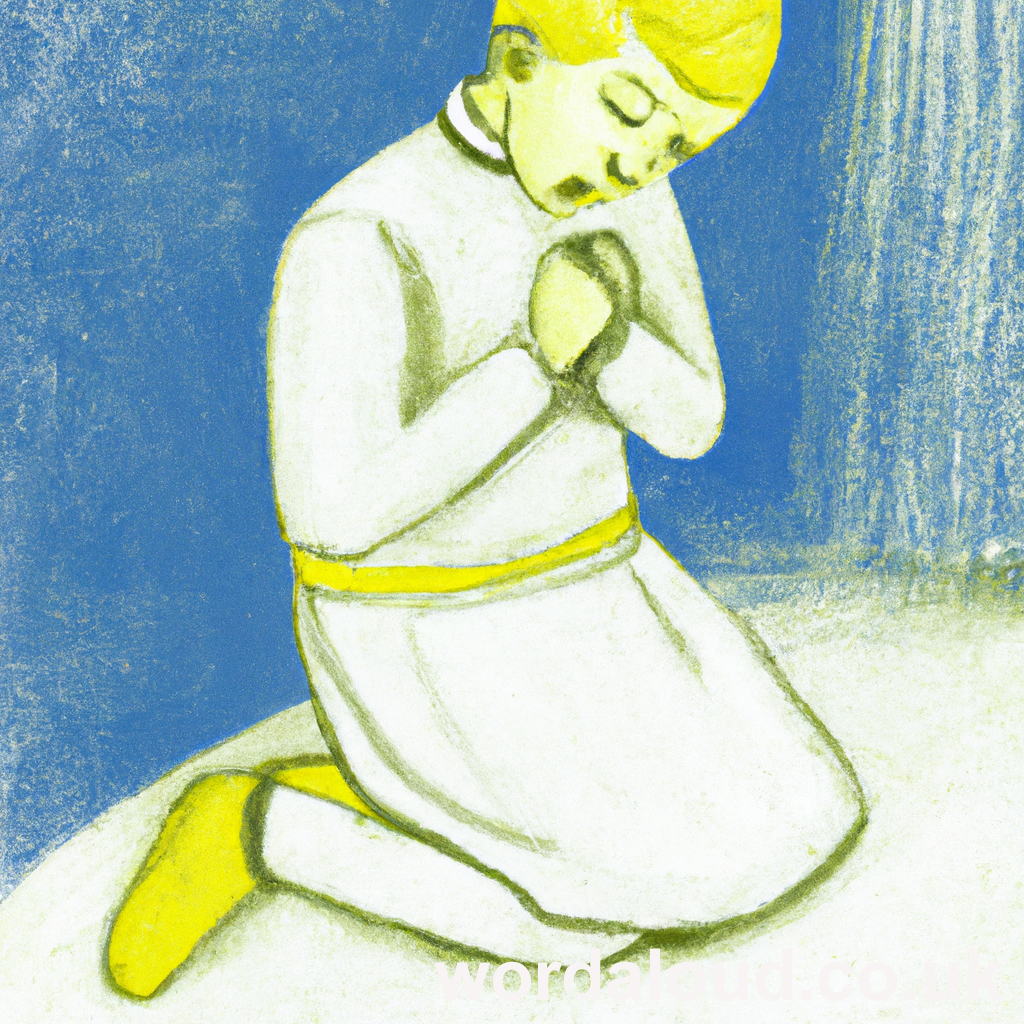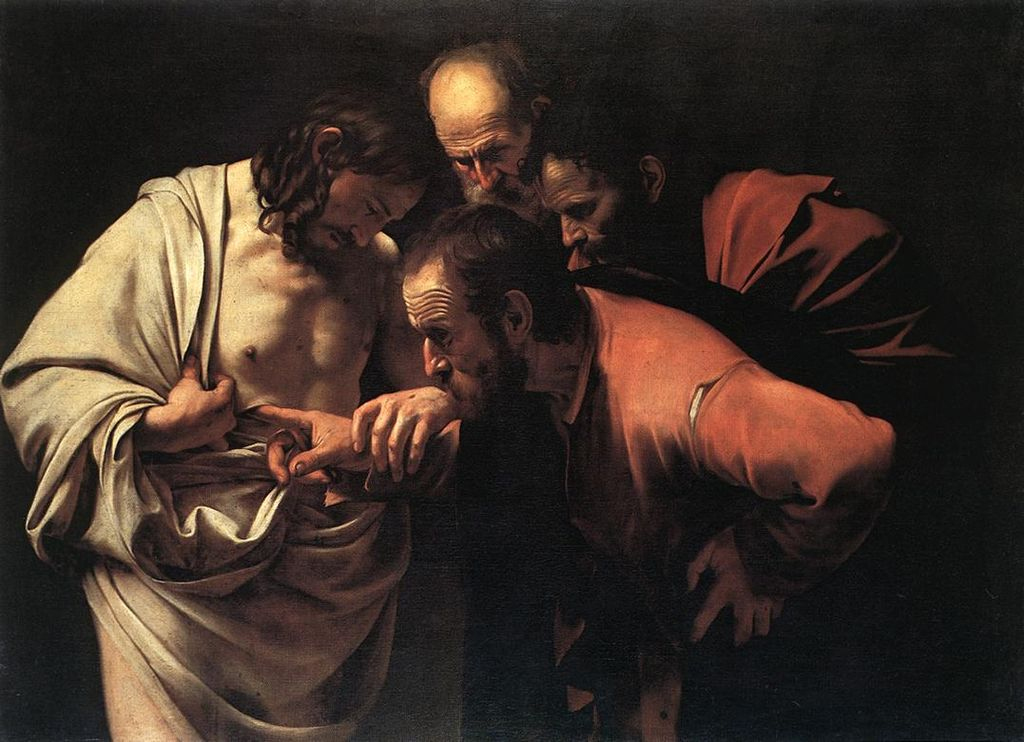Christian Art | George Herbert | The Temple | The Church | To All Angels And Saints
George Herbert | The Temple | The Church | To All Angels And Saints
Oh glorious spirits, who after all your bands
See the smooth face of God, without a frown
Or strict commands;
Where ev’ry one is king, and hath his crown,
If not upon his head, yet in his hands:
Not out of envie or maliciousnesse
Do I forbear to crave your speciall aid:I would addresse
My vows to thee most gladly, blessed Maid,
And Mother of my God, in my distresse.
Thou art the holy mine, whence came the gold,
The great restorative for all decayIn young and old;
Thou art the cabinet where the jewell lay:
Chiefly to thee would I my soul unfold:
But now (alas!) I dare not; for our King,
Whom we do all joyntly adore and praise,Bids no such thing:
And where his pleasure no injunction layes,
(’Tis your own case) ye never move a wing.
All worship is prerogative, and a flower
Of his rich crown, from whom lyes no appealAt the last houre:
Therefore we dare not from his garland steal,
To make a posie for inferiour power.
Although then others court you, if ye know
What’s done on earth, we shall not fare the worse,
Who do not so;
Since we are ever ready to disburse,
If any one our Masters hand can show…
![]()

![]()
George Herbert | The Temple | The Church | To All Angels And Saints
The poem explores themes of worship, reverence, and obedience to divine authority. The poem reflects religious tensions of the legacy Reformation era. It expresses Herbert’s struggle with the practice of venerating saints and Mary, this with an unwavering commitment to Christ’s commands. Herbert knows truth, and yet refrains from seeking angels’ and saints’ intercession, with the thought that all worship belongs solely to God.
The opening stanza sets a tone of admiration for the saints, describing their heavenly state and their direct communion with God. The saints are portrayed as glorified beings, crowned with divine favor, and enjoying eternal peace. Herbert’s reverence is clear, but it is not uncritical. He acknowledges their majesty while carefully maintaining a theological boundary: their glory derives entirely from God, not from themselves.
The poem moves to address Blessed Virgin Mary, whom the speaker honors as the ‘holy mine’ from which Christ’s redemptive presence emerged. This description highlights Mary’s unique role in salvation history, portraying her as both sacred and intimately connected to Christ. Yet Herbert refrains from directing his prayers to Mary. This decision is not rooted in disdain but in theological caution, as Christ has issued no command to venerate Mary or the saints.
Central to the poem is the assertion that worship is a divine prerogative. Herbert describes worship as a ‘flower of his rich crown’, a metaphor emphasizing its sacred exclusivity. To divert any portion of worship to ‘inferior power’ is to diminish God’s glory. This reflects the protestant reformation’s rejection of practices such as and including invocation of saints, which reformers viewed as potentially idolatrous.
The poem’s tone remains respectful rather than polemical. Herbert does not denounce those who seek the intercession of saints; instead, he defends his own restraint by appealing to divine authority. The final stanza underscores this principle, stating that while others may choose differently, he and his community adhere strictly to Christ’s instructions. This decision is framed not as a rejection of the saints but as fidelity to God’s will.
The poem emphasizes sufficiency of Christ as the sole mediator and the centrality of Scripture in guiding worship. The poem also reflects a personal humility, as Herbert seeks to honour God without presuming to know more than what has been revealed. In so doing, the poem presents a nuanced and reverent meditation on faith, obedience, and boundaries of devotion.








